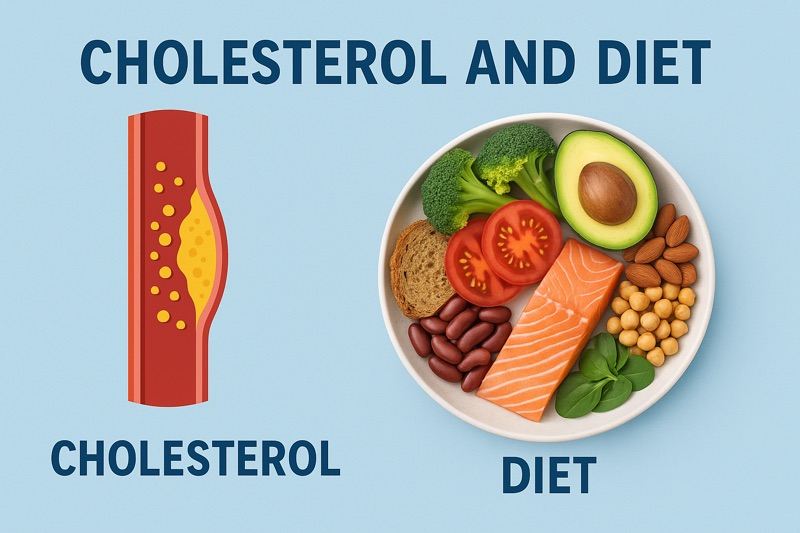Inflammation is a natural response of your body, essential for fighting off harmful pathogens and foreign invaders. However, when inflammation becomes chronic, it can lead to serious health issues like Alzheimer’s, cancer, diabetes, heart disease, and can accelerate the aging process.
Recognizing Inflammation: More Than Just Aches and Pains
While aches and pains are common indicators of inflammation, there are subtler signs to watch for:
- Chronic fatigue and insomnia
- Mood disorders such as depression and anxiety
- Gastrointestinal problems like constipation, diarrhea, and acid reflux
- Weight fluctuations
- Frequent infections
The Role of Diet in Exacerbating Inflammation
Our modern diet, rich in sugars and unhealthy fats, contributes significantly to increased inflammation. Fructose consumption, in particular, poses a significant threat to health. Historically, human bodies were designed to handle only about 4-6 pounds of fructose per year. Shockingly, current estimates suggest that the average consumption has surged to between 40-60 pounds per year, correlating with a sharp increase in non-alcoholic fatty liver disease, which now affects individuals as young as two years old.
The Dangers of Fructose:
- Metabolic Syndrome: Increased blood pressure, blood sugar, cholesterol, triglycerides, and abdominal fat.
- Insulin Resistance and Diabetes: Higher risk due to disrupted glucose metabolism.
- Obesity and Nonalcoholic Fatty Liver Disease: Direct links to excessive fructose intake.
- Increased Risk of Cancer: Particularly colorectal cancer due to enhanced intestinal permeability and bacterial growth.
- Heart Health: Fructose consumption contributes to inflammation in blood vessels and other heart disease risk factors.
Quick Tip: If you see fructose listed among the first four ingredients on a label, or if it's not accompanied by fiber, it's best to avoid that product. Fiber can help offset some of the negative effects of fructose by slowing its absorption and aiding in digestion.
Foods and Habits that Worsen Inflammation:
- High Sugar and Fructose Intake: Linked to metabolic syndrome, obesity, nonalcoholic fatty liver disease, and various cancers. These are especially harmful in crystalline fructose.
- Unhealthy Fats: Margarine and other processed fats which can increase Omega 6 fatty acids that may promote inflammation.
- Refined Carbohydrates: Foods like white bread and pastries exacerbate inflammatory responses.
- Obesity and Smoking: Both contribute to increased cytokine production, which promotes inflammation.
- Stress and Poor Sleep: These lifestyle factors can significantly worsen inflammatory responses.
Anti-inflammatory Diet: What to Eat to Fight Inflammation
Adopting an anti-inflammatory diet can drastically reduce inflammation markers. Here are some key components:
- Omega-rich Fatty Fish: Such as salmon, mackerel, and sardines.
- Healthy Fats: Include avocados, olive oil, butter, and full-fat dairy in your diet.
- Fiber-Rich Foods: Especially prebiotic fibers found in asparagus, onions, and chicory root, which support gut health and reduce sugar absorption.
- Antioxidant-rich Fruits: Berries like blueberries, raspberries, and blackberries help fight inflammation and prevent chronic diseases.
- Greens and Superfoods: Kale, broccoli, and spinach are high in anti-inflammatory compounds.
Jump To Health’s Role in Fighting Inflammation
Our products are designed to support good gut health and fight inflammation effectively. They are free from lactose, gluten, sucralose, and fructose, making them suitable for a wide range of dietary needs. Our Joint & Muscle Ease and Fruit Capsules are packed with ingredients clinically shown to reduce inflammation and support overall health.
By understanding the connection between diet and inflammation and making informed dietary choices, you can significantly reduce the risk of chronic inflammation and improve your overall health.
Fruit Power and Vegetable Power https://www.fluid.app/s/942f1a
Joint Muscle and ease https://www.fluid.app/s/f0d110
Re Leaf gel https://www.fluid.app/s/


No comments:
Post a Comment